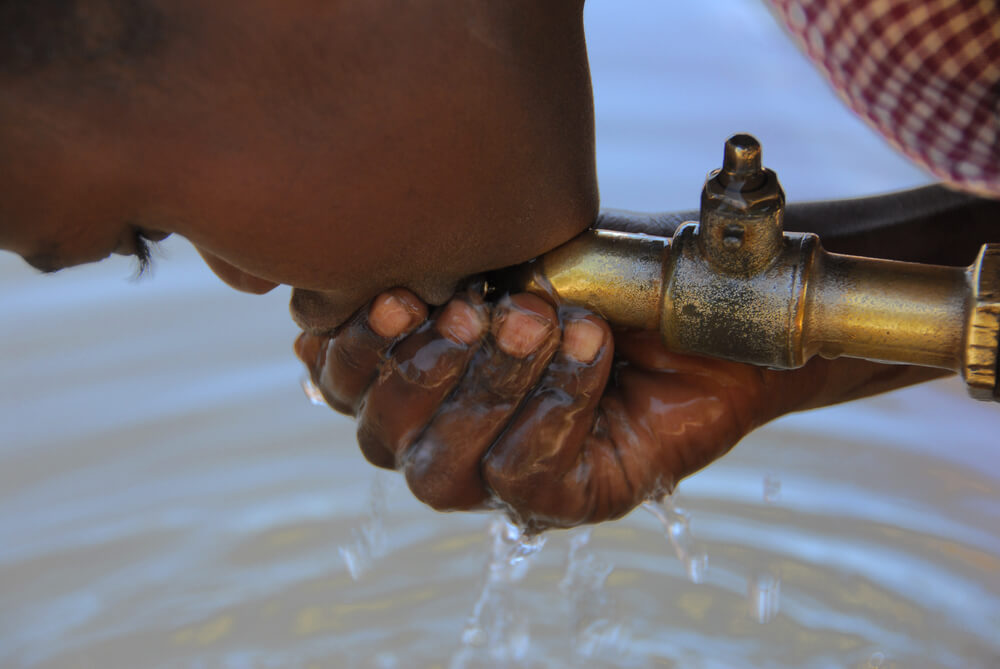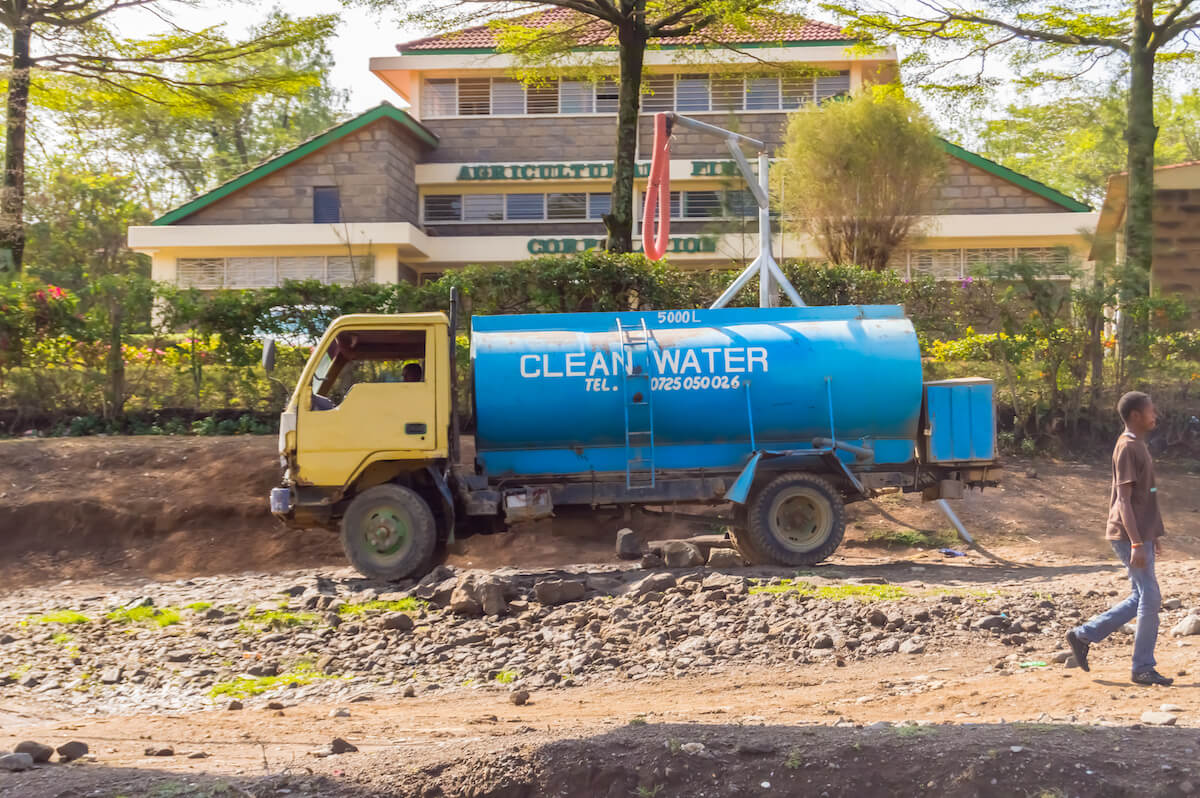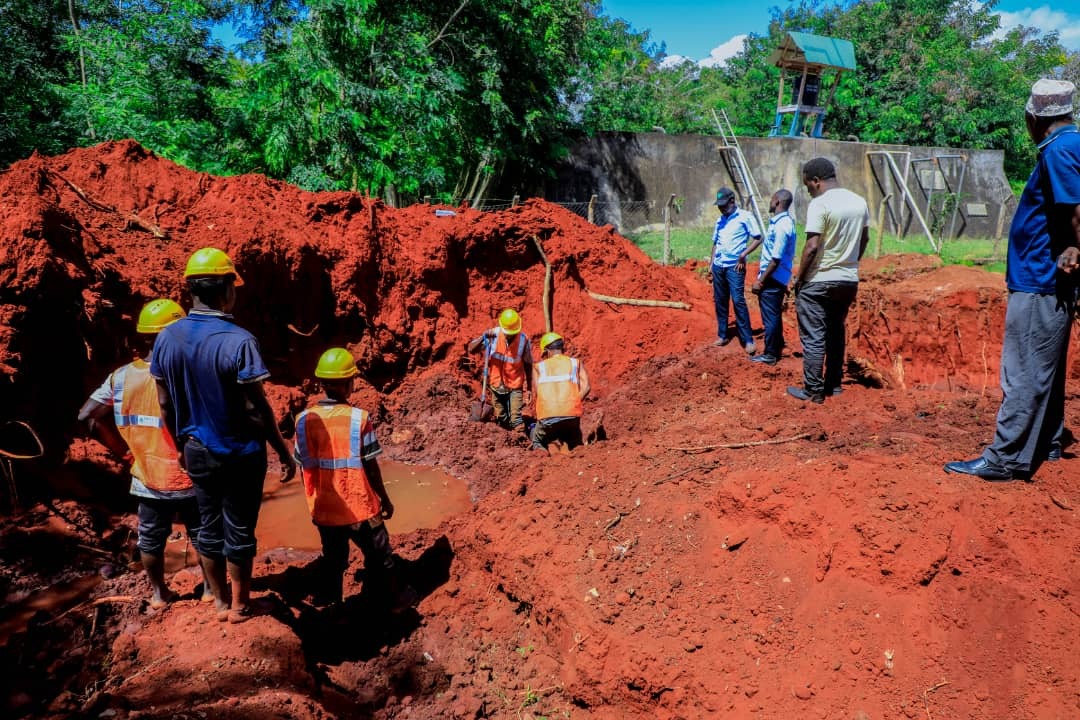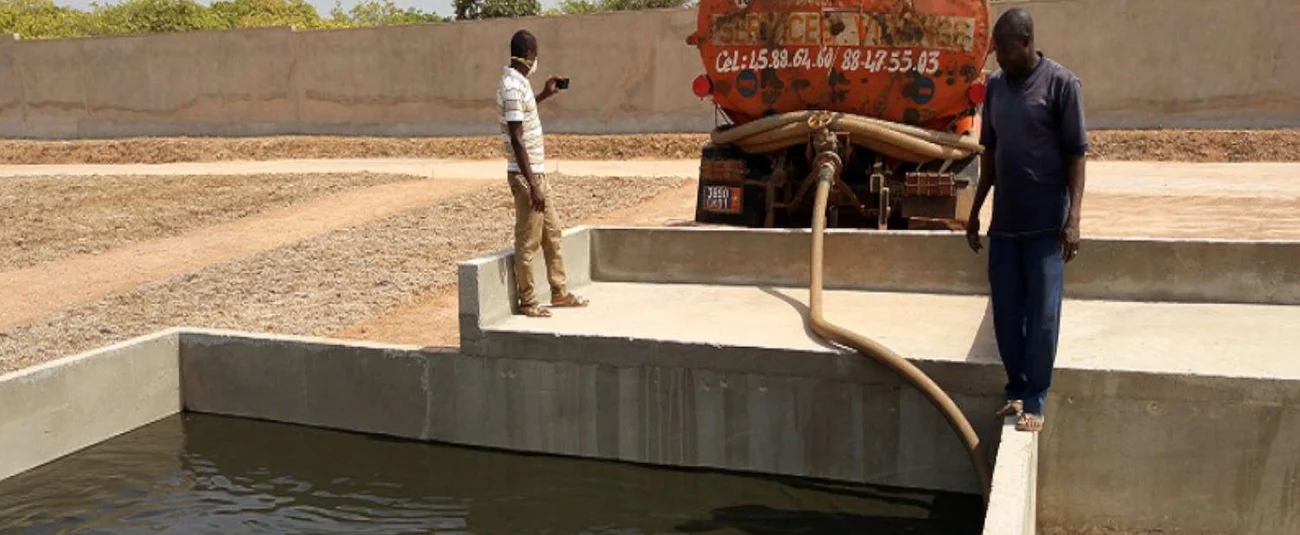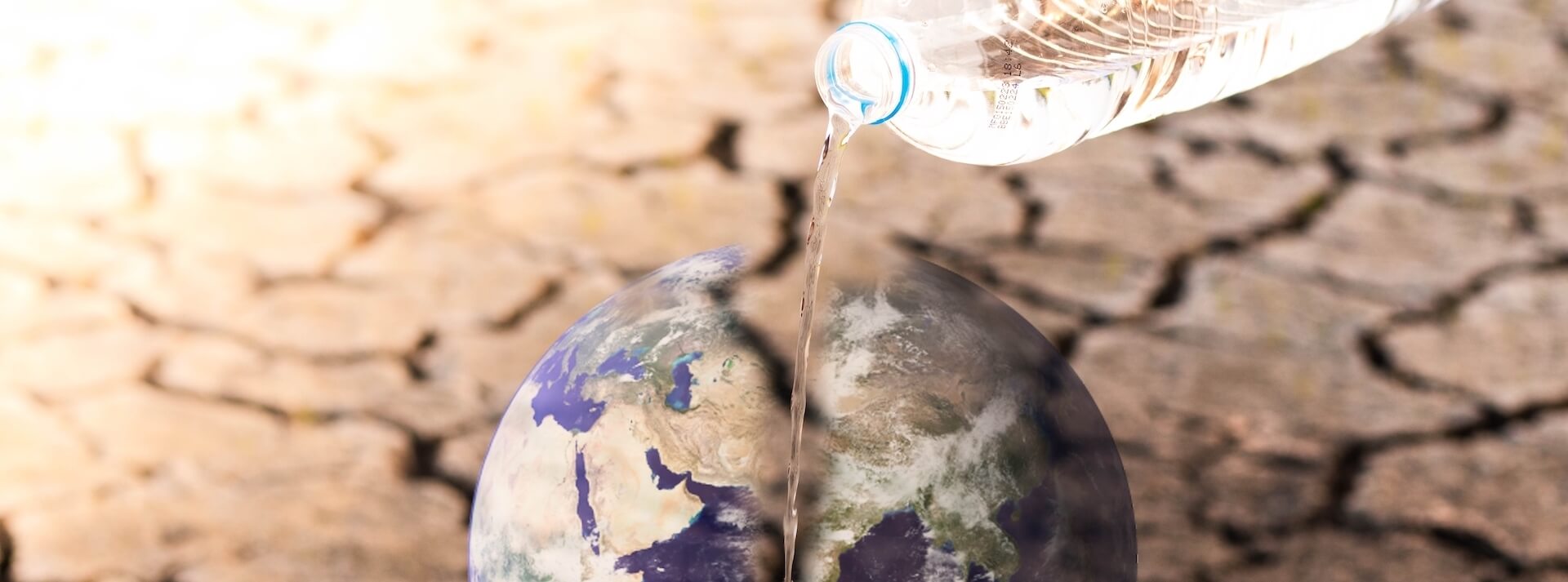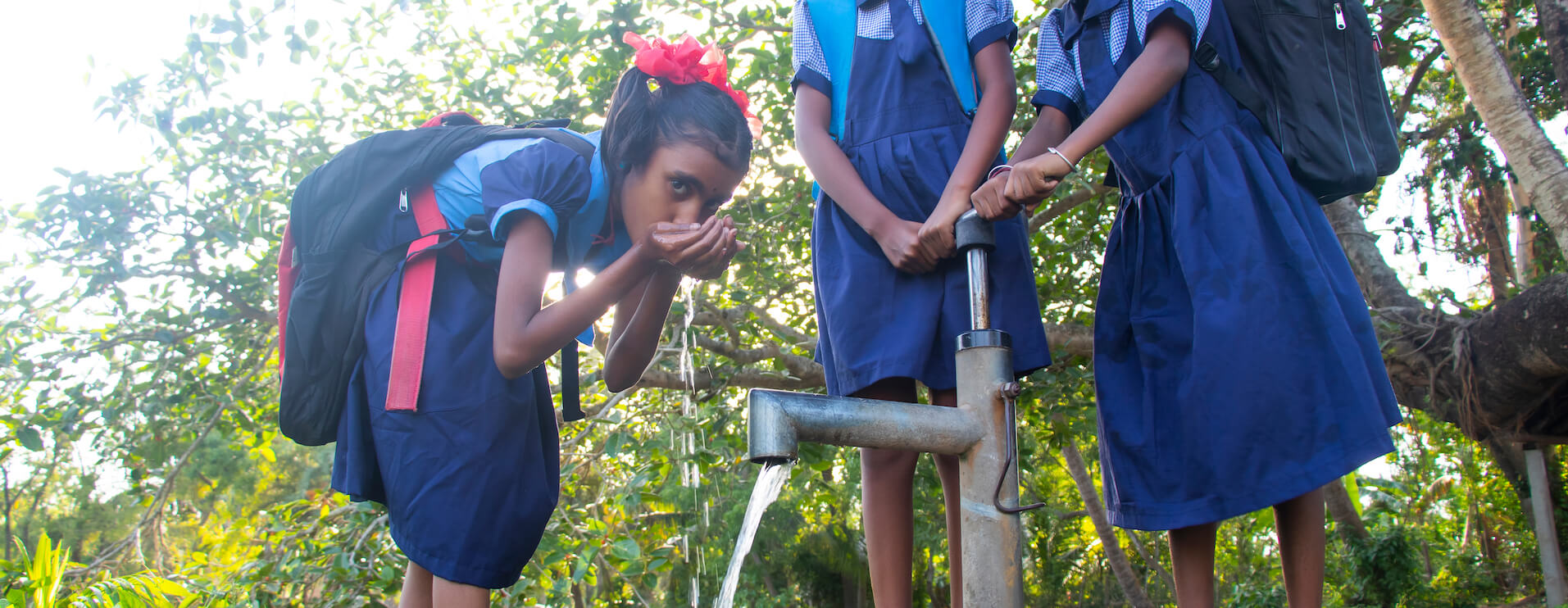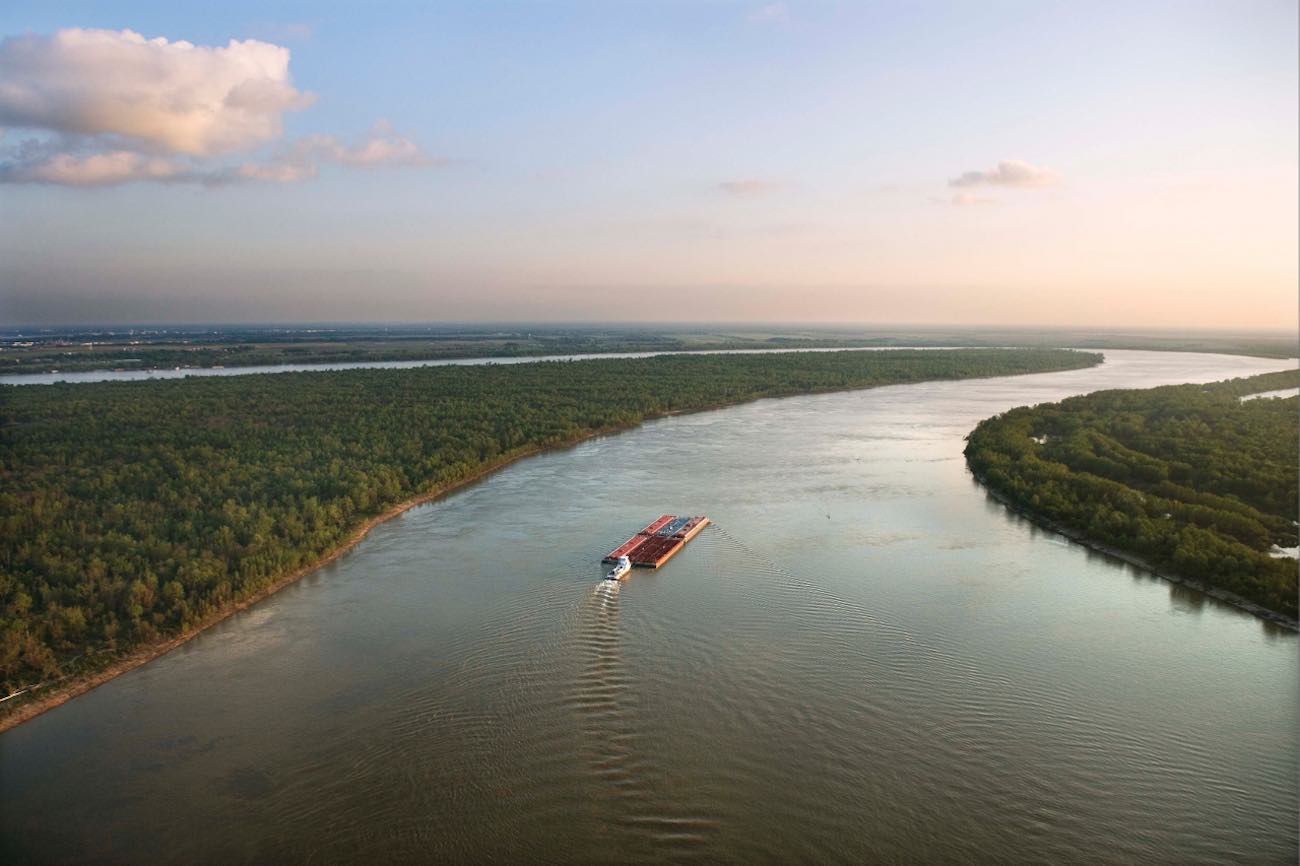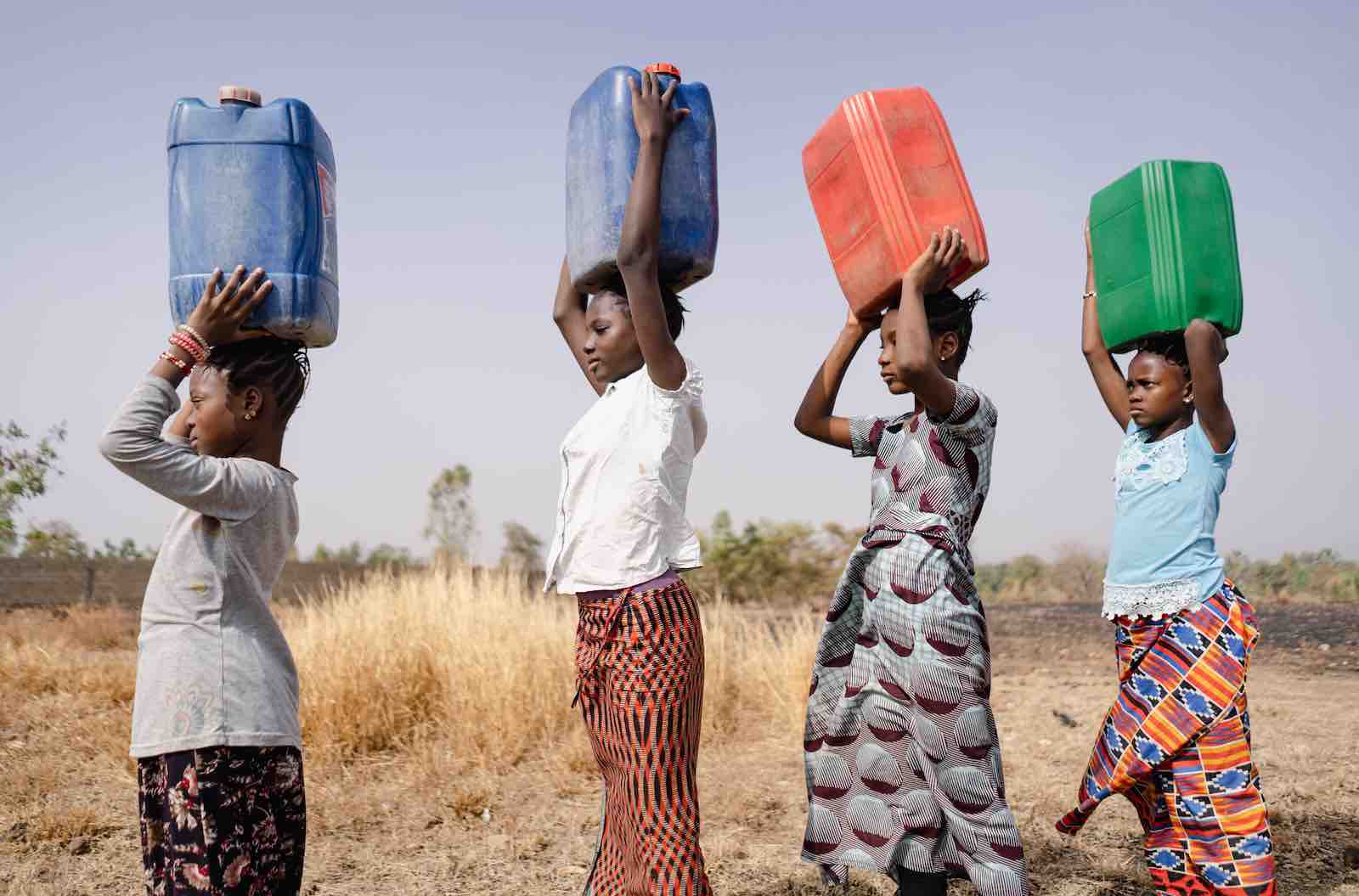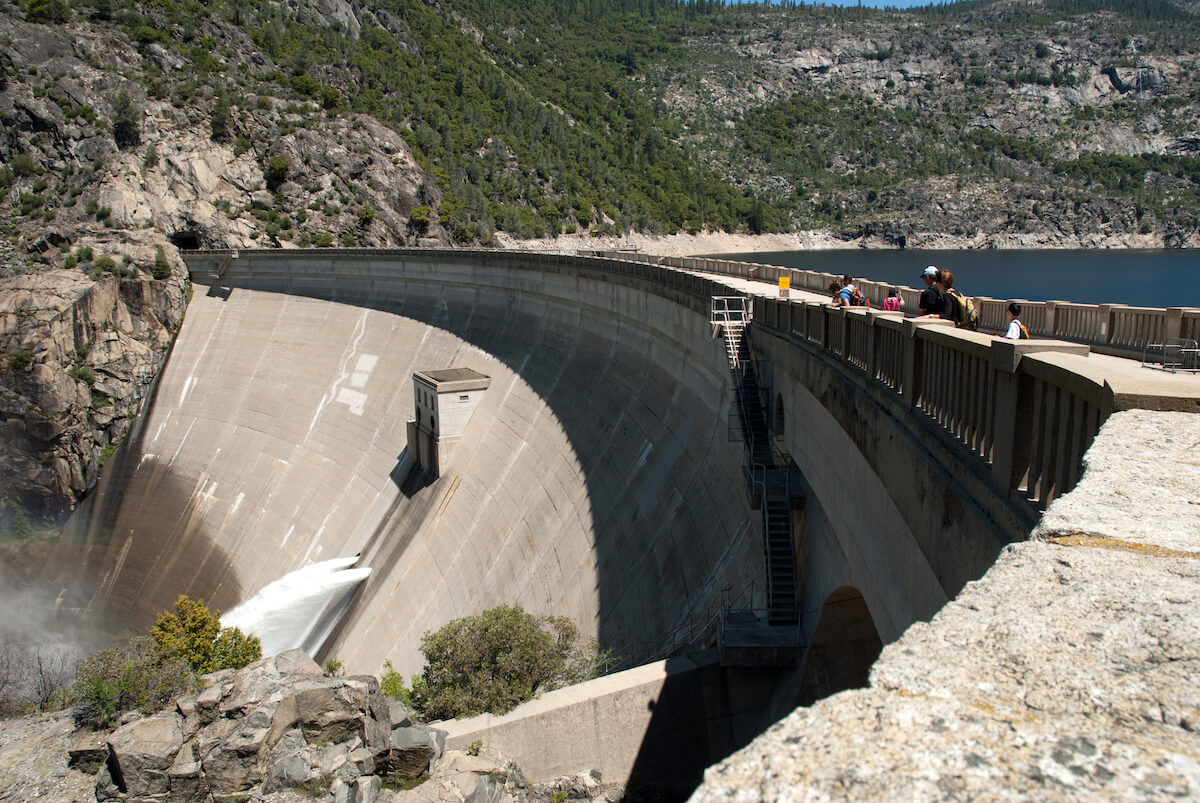ImpactAlpha, January 20 – Water and sanitation is one of the fastest growing, yet still underinvested sectors of impact investing.
An experimental fund in Kenya wants to catalyze private investment in water infrastructure by co-developing and co-investing in projects at the pre-development stage, the riskiest stage even for water projects with the potential for commercial viability.
Kenya Innovative Finance Facility For Water, or KIFFWA, launched in 2018 to address two concerning trends: climate change’s impacts on the quality, predictability and availability of Kenya’s rains and freshwater resources; and surging population growth that is putting pressure on the country’s strained and underfunded water infrastructure.
The approach: Provide flexible equity and quasi-equity financing to help water developers get through the costly but critical regulatory, legal and proof-of-concept hurdles that often deter private investors.
“We invest in the project development and planning phase, which is the riskiest part of the project. Most investors avoid that phase,” KIFFWA’s Joseph Murabula tells ImpactAlpha. “The moment you are through that phase, when you have the right permits and licenses and the project’s viability is proven, then you can raise money for construction and operations.”
KIFFWA, seeded by €10 million ($11.5 million) from the Dutch Embassy in Nairobi, has built an early portfolio of nine projects, ranging from small-scale pipelines to networks of drinking-water kiosks. It has helped one water project secure financing for development, and is about to ink its first exit on another.
Private financing
Globally, up to $1.5 trillion is needed each year in water and sanitation infrastructure investments, mostly in emerging markets like Kenya. The challenge for opening the proverbial tap on capital is the historical treatment of water as a public good.
“Water in Kenya and most of Africa was always provided by the government,” Murabula explains. Water rates are therefore subsidized—at least for people and businesses with access to piped water. (The urban and rural poor who are excluded from public water services often pay far more than wealthier consumers because they have to buy purified bottled water.)
“Tariffs don’t reflect the actual cost of producing and availing the water to the consumer. But because it’s treated as a social good, it becomes very difficult to set a commercial price for it,” Murabula says. That disincentivizes the private sector from investing in water, because “there is little value to exploit.”
Another reason for a lack of private capital: the regulatory hurdles to getting private projects approved. “There are too many regulations, and therefore too many risks,” says Murabula.
More private investment is the only way to meet most emerging markets’ long-term water needs, however. In Kenya, the government estimates that about $2 billion in investment is needed annually to meet the country’s water supply, sewerage, irrigation and hydropower needs by 2030. Available public funding can only cover about 44% of the costs.
KIFFWA’s objective is to incentivize private developers in spite of these challenges. The fund provides up to half of a project’s pre-development budget, with €500,000 investment cap, to help developers cover legal costs, secure regulatory approvals and experiment with pricing models.
With its equity investments, KIFFWA becomes a co-owner in the projects it supports, which helps de-risk the projects for potential investors. Each investment is expected to last four to five years. Exit terms are flexible.
“We are flexible to support the promoter. We can sell off our stake to another investor, the promoter can buy us out, or we can convert our equity investment into a loan” that the promoter can repay over time, Murabula explains.
Proof points
Now in its fourth year, KIFFWA is nearing its first exit: from a pipeline project along the coast of Kenya that supplies drinking and irrigation water to communities, small scale farmers and ranchers. KIFFWA’s investment of €500,000 has helped catalyze about $20 million in additional private capital, about half of the project’s costs, says Murabula. The promoter has agreed to buy out KIFFWA’s stake.
The fund is looking to re-up its investment in another project: a network of small water-treatment facilities and kiosks run by a Kenyan company called Pure Fresh. The company serves millions of Kenyan customers through a franchise model of water kiosks, which charge about 10% of the cost of bottled water.
When Pure Fresh approached KIFFWA, it was running a pilot program near its treatment facility in Naivasha, about 100 kilometers northwest of Nairobi. KIFFWA’s investment financed a feasibility study for expansion, business planning and fundraising.
Pure Fresh recently raised $1 million from European impact investors to finance kiosks in four additional counties in Kenya, Murabula says. Now KIFFWA is looking to support phase two of Pure Fresh’s expansion strategy, which would cover five more counties and launch a mobile app so customers can order and pay for water from kiosk operators online.
Catalytic capital
There does appear to be interest from impact investors in the water sector. Last year’s investor survey from the Global Impact Investing Network found that water was the fastest-growing impact investment sector, with investors’ water allocations growing 33% in the past five years. Overall, water accounts for only 6% of all impact investments.
German impact advisory firm Roots of Impact and nonprofit Aqua for All are looking to test “social impact incentives,” a financing model that provides grant-based bonus payments for impact milestones, to help water and sanitation companies scale impact and attract additional private capital. SIINCs have proven successful in other sectors, like agriculture.
The impact darling of the water world is WaterEquity, a subsidiary of actor Matt Damon’s Water.org. WaterEquity invests in financial institutions providing microloans to water and sanitation projects in underserved communities. For its third fund, WaterEquity has raised $125 million, mostly from the U.S. International Development Finance Corp.
Many water deals that attract private financing are tech-based startups, rather than infrastructure projects. Globally, water infrastructure initiatives below the $50 million mark struggle to raise capital.
For KIFFWA, the team hopes that its early wins will enable the open-ended fund to bring in additional investors and grow its portfolio of de-risked infrastructure projects in markets like Kenya.
“Remember, just a few years ago, no one was using private capital in the energy sector either,” Murabula says. “In the next five to 10 years, more people will be used to doing water projects with private capital. It will be slow in coming, but it will certainly come.”

